For more analysis download the Activity Evaluation report.
Activities
How the outcomes were achieved
- All activities
- New study options
- Additional Experiences
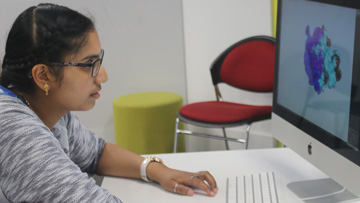 AMSPP collaboration
AMSPP collaboration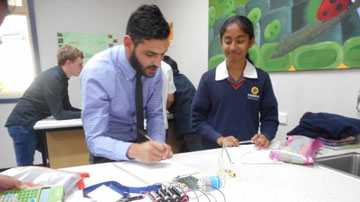 ASELL for Schools - Victorian Node
ASELL for Schools - Victorian Node Back to school
Back to school Communicating Science
Communicating Science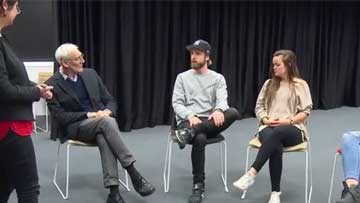 Contemporary Biology and Environmental Science In Education
Contemporary Biology and Environmental Science In Education Contemporary Science Schools Network
Contemporary Science Schools Network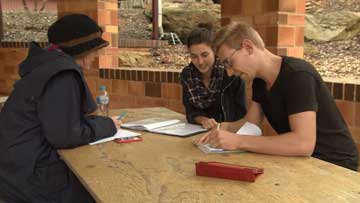 Discovery STEM initiative
Discovery STEM initiative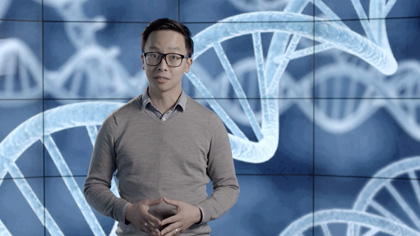 Maths videos
Maths videos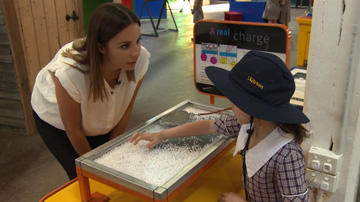 Multidisciplinary Science and Technology in Education collaboration
Multidisciplinary Science and Technology in Education collaboration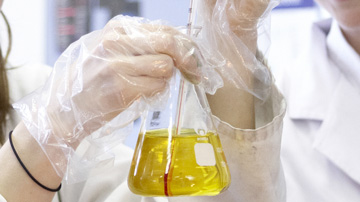 Reconceptualising Chemistry
Reconceptualising Chemistry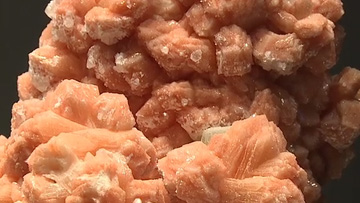 Reconceptualising Rocks
Reconceptualising Rocks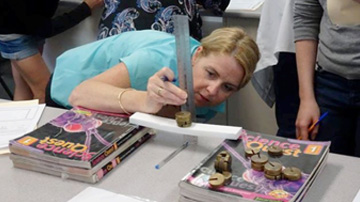 Representing scientific practice at the Institute for Frontier Materials
Representing scientific practice at the Institute for Frontier Materials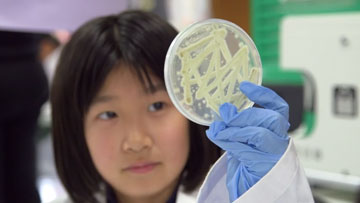 Scientists as Partners in Education
Scientists as Partners in Education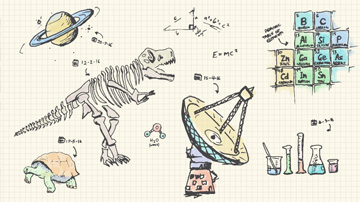 Science Squad
Science Squad
Reconceptualising Chemistry
Deakin University undergraduate pre-service teachers worked with postgraduate research science students at the Institute for Frontier Materials to develop teaching resources for use in secondary classrooms.
Contact
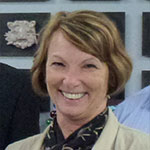
Responds to ReMSTEP innovation(s):
Specialist science and technology centre collaborations.
Opportunities for students to interact with scientists in world-class research environments.
Key points
- Pre-service teachers collaborated with postgraduate researchers at the Institute for Frontier Materials (IFM)
- Pre-service teachers developed teaching resources that identify and explain the practices used by the scientists at IFM
At Deakin University, pre-service teachers studying to teach secondary science took part in an innovative project developed by Dr Gail Chittleborough and Dr Jenny Pringle. The project involved the pre-service teachers working closely with postgraduate research science students at the Institute for Frontier Materials (IFM), listening to presentations on their research topics and taking part in one-on-one discussions.
It was really interesting to see the lab and equipment the researchers use and to discuss the concepts behind their work in person.
From this collaboration, the pre-service teachers have developed teaching resources that identify and explain the practices used by the scientists at IFM, and link to Senior Chemistry learning outcomes in the Victorian and national curriculums. These resources took the form of teaching modules that were composed of teaching activities, teacher notes, student activities, and in some cases contextual videos or posters.
Some examples of produced resources:
- Powerpoints/Quizzes
- Cardboard cutouts of scientific models
- Activity booklet: A year 12 activity booklet that could be used as a whole or by selecting activities. This booklet included information about how batteries work and they had to investigate how they would increase the voltage in a battery. The booklet was ‘mainly based around activities of everything that they have to do in the curriculum.’
- Experiments: In conjunction with the scientists, the PSTs conducted an experiment on galvanic cells.
This project expanded my knowledge and understanding of different chemistry methods and the way in which they interact. It was interesting and thought provoking to consider the research involved and provided an opportunity to think about teaching the ways in which chemistry is applied in the real world.
The project was well received by both the researchers and the pre-service teachers. The IFM researchers appreciated the chance to learn how to make their research more accessible to the public, while the pre-service teachers learned about the specific application of the concepts they teach in the classroom.
Learn more
To keep up to date with ongoing ReMSTEP activity at Deakin Unversity head to the STEME Research Group website
Footnotes:
Sign up to our mailing list to stay informed

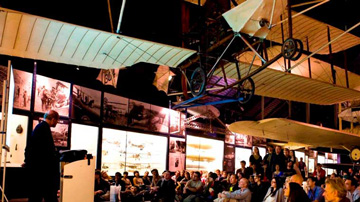 Engaging with practices of contemporary science
Engaging with practices of contemporary science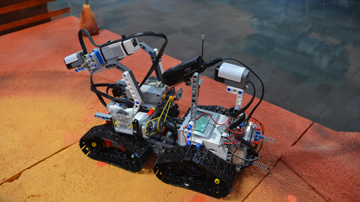 Inquiry science
Inquiry science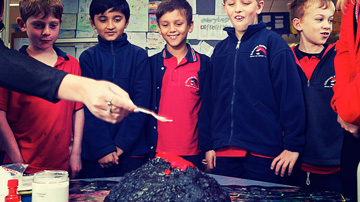 Schools science project
Schools science project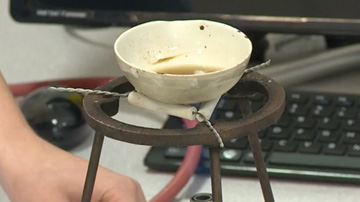 Science in Schools
Science in Schools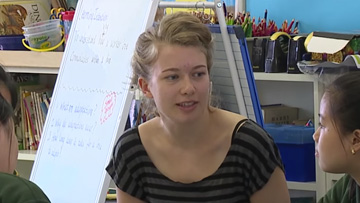 Science and mathematics specialist pathways
Science and mathematics specialist pathways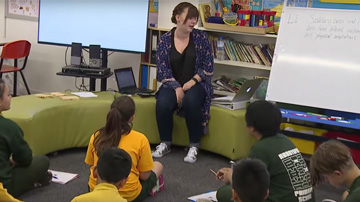 Science and Mathematics in the Classroom
Science and Mathematics in the Classroom